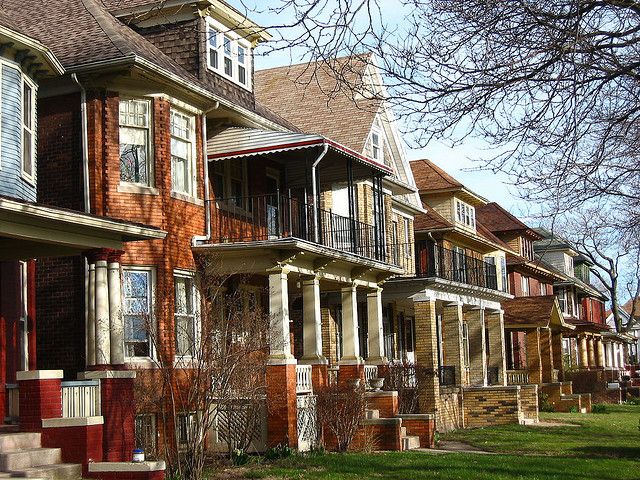Detroit isn’t the cheapest place to live. There is an oft-cited myth of $1 homes littered across the urban prairie, but most homeowners pay way more in taxes than their houses are worth.
In February, the Detroit News exposed the city’s gross over-assessment of home values that prompted a state investigation. Now, officials are finally launching a citywide reassessment for the first time in decades, according to the News. (Detroit has 11 assessors for almost 386,000 parcels. That’s about 35,000 parcels per assessor, way more than the state-recommended 4,000.)
It’s simple: The housing market has been in the gutter for years, but homeowners like Eva Cook pay substantially inflated taxes. She told the News that she bought her house in 2009 for $15,000, yet the city valued it at nearly $95,000. After an appeal, the city dropped the value to $28,000. This lowered her tax bill from $4,500 to $1,400. No matter how you count it, $3,100 is a lot of money.
Reassessing the values of houses has to happen, but it’s a double-edged sword. The lower-but-accurate values will likely mean less tax revenue as the city figures out how to move forward after bankruptcy. But it will also make Detroit a more affordable place to live and give current homeowners more discretionary income.
It’s not just the homeowners, though. Small businesses are paying inflated tax rates, and the proper tax might spur some investment in stable parts of town. If business or restaurant owners know they will have less overhead, they might be more willing to snatch up a building and set up shop. While the smaller tax revenue may seem daunting at first — what will the cash-strapped city do with even less money? — Detroit is making the right move. And it could make the long-term prospect of living and working there more desirable and cost effective.
The Equity Factor is made possible with the support of the Surdna Foundation.

Bill Bradley is a writer and reporter living in Brooklyn. His work has appeared in Deadspin, GQ, and Vanity Fair, among others.






_600_350_80_s_c1.JPEG)










